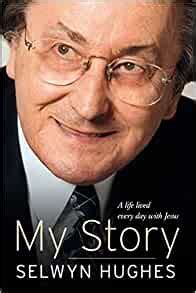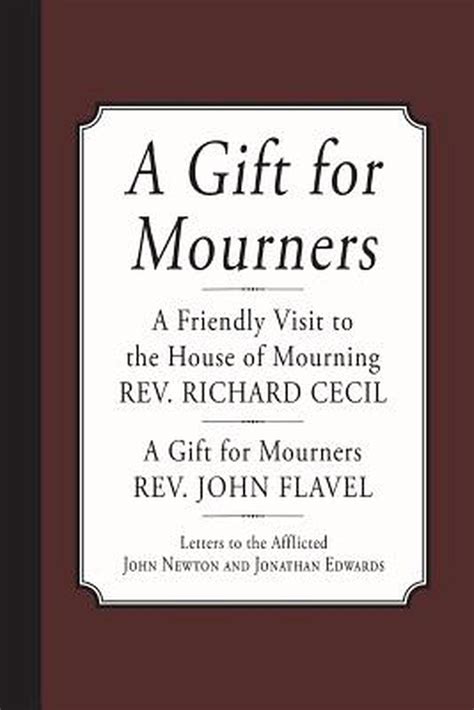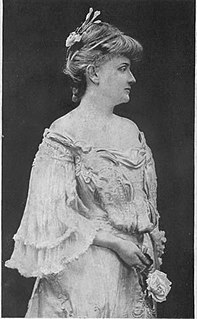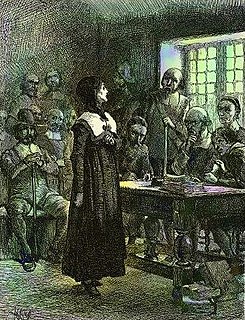A Quote by Ken Follett
But the lesson of Abraham's story is that God demands the best we have to offer, that which is most precious to us.
Related Quotes
It was not to save a nation that Abraham went to sacrifice Isaac, nor to appease angry gods... Then why does Abraham do it? For God's sake... He does it for the sake of God because God demands proof of his faith... He was not justified by being virtuous, but by being an individual submitted to God in faith.
The law of giving and receiving is fundamental, and relates just as much to God as it does to us. As we go through the door of giving ourselves to God in worship we find that God comes through that same door and gives Himself to us. God's insistence that we worship Him is not really a demand at all but an offer-an offer to share Himself with us. When God asks us to worship Him, He is asking us to fulfill the deepest longing in Himself, which is His passionate desire to give Himself to us. It is what Martin Luther called "the joyful exchange."
There are two gods. The god our teachers teach us about, and the God who teaches us. The god about whom people usually talk, and the God who talks to us. The god we learn to fear, and the God who speaks to us of mercy. The god who is somewhere up on high, and the God who is here in our daily lives. The god who demands punishment, and the God who forgives us our trespasses. The god who threatens us with the torments of Hell, and the God who shows us the true path.
There are two gods. A god who casts us off because of our sins, and a God who calls to us with His love.
A free mind is one which is untroubled and unfettered by anything, which has not bound its best part to any particular manner of being or worship and which does not seek its own interest in anything but is always immersed in God's most precious will. . . . There is no work which men and women can perform, however small, which does not draw from this its power and strength.
We Gentiles owe our life to Israel. It is Israel who has brought us the message that God is one, and that God is a just and righteous God, and demands righteousness of his children, and demands nothing else. It is Israel who has brought us the message that God is our Father. It is Israel who, in bringing us the divine law, has laid the foundation of liberty.
Theologians will protest that the story of Abraham sacrificing Issac should not be taken as literal fact. And the appropriate response is twofold: first, many, many people even to this day, do take the whole of their Scripture to be literal fact, and they have a great deal of political power over the rest of us, especially in the United States and in the Islamic world. Second, if not of literal fact, how should we take the story? As an alagory? Then an alagory for what? Surely, nothing praiseworthy. As a moral lesson? But what kind of morals could one derive from this appalling story?
It is chiefly through books that we enjoy intercourse with the superior minds, and these invaluable means of communication are in reach of all. In the best books, great men talk to us, give us their most precious thoughts, and pour their souls into ours. God be thanked for books. They are the voices of the distant and the dead, and make us heirs of the spiritual life of past ages. Books are true levellers. They give to all, who faithfully use them, the society, the spiritual presence of the best and greatest of our race.



































